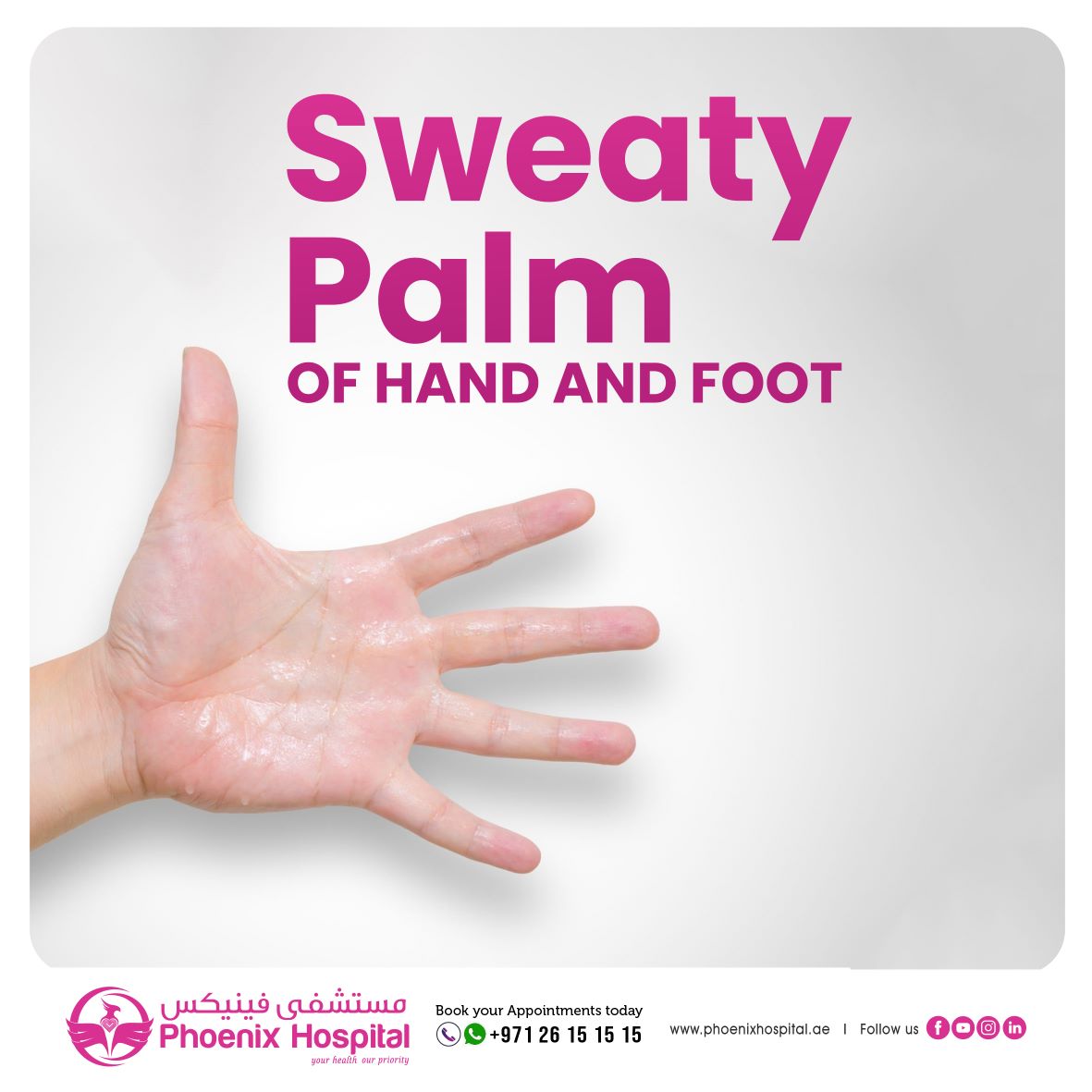Leading Dermatology Treatments for Hyperhydrosis of Hands and Feet: What You Need to Know
Leading Dermatology Treatments for Hyperhydrosis of Hands and Feet: What You Need to Know
Blog Article
Understanding the Source of Excessive Sweating and Its Influence On Every Day Life
While it is commonly comprehended as a physiological action to manage body temperature, the triggers for too much sweating can vary commonly amongst people, incorporating not just physical factors but also emotional and mental elements. By delving into the origin triggers of hyperhidrosis and exploring its multifaceted results, a much deeper understanding of this pervasive issue can be gotten, losing light on the intricacies that individuals grappling with too much sweating navigate on a day-to-day basis.
Physiology of Sweat Glands
The regulation of sweat production, an essential physiological procedure, is primarily controlled by the task of sweat glands distributed across the human body. Gland are categorized right into two major types: eccrine and apocrine glands. Eccrine glands are one of the most numerous and are discovered in mostly all locations of the body. They play a crucial function in thermoregulation by producing a watery fluid onto the skin's surface, which vaporizes and helps cool the body down. In contrast, apocrine glands are concentrated in areas rich in hair roots, such as the underarms and groin, and their secretions are thicker and milklike in appearance.
When the body temperature level rises, either as a result of exercise, high temperature levels, or emotional stress and anxiety, the worried system causes the sweat glands to produce sweat. This sweat is composed largely of water and electrolytes like salt and chloride. The process of sweat manufacturing is important for keeping the body's internal temperature level within a slim, optimum range, highlighting the critical duty gland play in human physiology.
Triggers for Excessive Sweating
In comprehending the origin causes of excessive sweating, it is essential to identify the triggers that can lead to this physical action. Physical physical effort, high temperatures, and spicy foods are likewise understood to cause excessive sweating in individuals susceptible to this problem.
In addition, medications such as some antidepressants, opioids, and specific supplements can additionally act as triggers for hyperhidrosis. Recognizing these triggers is important in managing excessive sweating successfully - Sweaty hands treatment. By determining and resolving the specific triggers that prompt too much sweating in an individual, healthcare service providers can establish customized treatment plans to minimize this problem and enhance the individual's lifestyle
Medical Conditions Associated
Related to excessive sweating are different medical conditions that can intensify this physiological feedback. One usual problem is hyperhidrosis, a disorder characterized by abnormally boosted sweating that goes beyond the body's thermoregulatory needs. This can manifest in focal areas like the palms, soles, underarms, or face, impacting an individual's lifestyle because of social humiliation and discomfort.
Additionally, endocrine problems such as hyperthyroidism, diabetes, and menopausal hot flashes can likewise lead to extreme sweating. Hyperthyroidism causes an overproduction of thyroid hormonal agents, accelerating metabolic process and activating sweating.
Furthermore, infections like consumption, HIV, and endocarditis have been related to night sweats, a common symptom known to interrupt rest and influence overall wellness. These medical conditions highlight the diverse variety of underlying elements that can contribute to excessive sweating, requiring complete assessment and monitoring by healthcare specialists.
Psychological and emotional Factors

Effect on Social Interactions
Extreme sweating can have extensive effects on an individual's ability to involve easily in social interactions. The visible signs of sweat spots or wet patches on garments can result in embarrassment and self-consciousness, causing people to take out from social circumstances. This withdrawal can impact partnerships, limit social tasks, and impede individual and expert growth.

Additionally, the anxiousness and self-worth problems originating from extreme sweating can affect communication and social skills. People may struggle to focus on discussions, join group tasks, or express themselves confidently. This can lead to feelings of isolation and isolation, as social links come to be challenging to preserve.
Conclusion

While it is generally recognized as a physical reaction to manage body temperature level, the triggers for too much sweating can vary widely among people, incorporating not only physical variables yet additionally psychological and emotional components. By delving right into the origin triggers of hyperhidrosis and exploring its diverse effects, a much deeper understanding of this pervasive problem can be acquired, losing light on find more info the complexities that individuals grappling with extreme sweating browse on a daily basis.
Physical effort, high temperature levels, and spicy foods are likewise recognized to trigger too much sweating in individuals susceptible to this condition. By recognizing and attending to the specific triggers that motivate too much sweating in an individual, medical care carriers can establish personalized therapy plans to ease this problem and improve the individual's high quality of life.
Too much sweating can have profound results on an individual's ability to involve pleasantly in social interactions.
Report this page